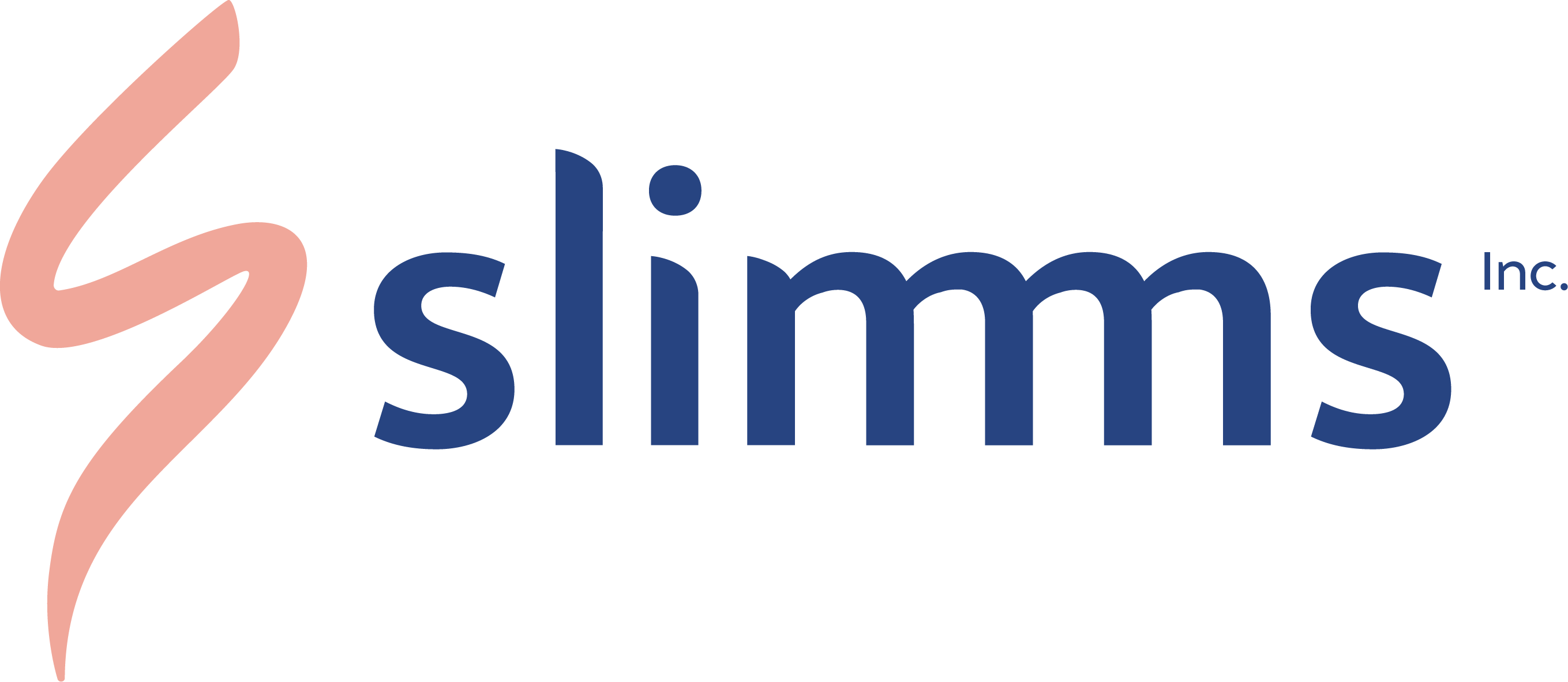Should You Cancel Breakfast? – Dr. Oz and Mark Wahlberg Disagree

Dr. Oz is right, and so is Mark Wahlberg, sort of.
Just recently, Dr. Mehmet Oz, better known as Dr. Oz. made a statement that people should “cancel” breakfast. He justifies this by saying people should eat only when they’re hungry. Mark Wahlberg, of Wahlberg body fame (the actor), immediately came out saying that Dr. Oz was dead wrong. The two are locked in an argument over this issue, and apparently are going to do some physical training together and sort things out.
Funny.
This is a soundbite problem
Unfortunately, this is a “soundbite problem” more than a scientific disagreement. Dr. Oz made his statement in a way that would shock the thought process of as many folks as possible into considering the importance of breakfast in terms of hunger, metabolism, and what a breakfast consists of. The fact is, he did not say “You shall not eat breakfast!” and I am quite certain he does not mean to say that. What he did say is that people should not assume that they should pound down a large amount of food in the morning thinking there is something magical about eating a big breakfast. What he did say was that people should eat when they’re hungry.
In our modern society, with food available at virtually every street corner, there are so many signals to eat that we are being told to eat all the time. The knee-jerk reaction to eat whenever it crosses our mind is likely a major cause of the obesity epidemic that is threatening to undermine the health, and the economy, of every developed country in the world. Dr. Oz is right on to throw out a warning that people need to think about whether they truly need to eat rather than just following some formula on food and eating that may not apply to them at all.
However, Mr. Wahlberg is also correct. Mark Wahlberg is an extremely fit man. He works out a lot and maintains a level of physical fitness that is unattainable for most people. In maintaining his muscle mass, his exercise regimen and his level of fitness, he needs to consume significantly more calories than an average person does on a regular basis. Mark Wahlberg is a professional athlete; his movies often involve him performing amazingly difficult physical activities, and he gets paid a lot to do so. As a professional athlete, his daily eating regimen and caloric needs will be different than the average American.
So, how do you resolve this issue? How do you decide what to do about breakfast?
The answer is, you take away the true meaning from what each of these nutrition experts are saying (and yes, Mark Wahlberg, is a nutrition expert).
The lessons that I recommend taking away are listed below.
- Base your day-to-day eating pattern on your hunger. If you are hungry, eat something. If you are not hungry, don’t eat.
- Understand that thinking about food, and hunger, are not the same. You are being blasted with advertising from every corner of your world telling you to buy, consume, eat. You aren’t (hopefully) going around buying shoes every time you see an ad for a cool style of shoes that are for sale, so don’t think you need to eat every time the image of something tasty pops you’re your mind.
- Be sure to stay well-hydrated, and drink calorie-free liquids, in order to avoid chronic dehydration (a condition that affects 70% of adults in America).
- Eating high sugar (high glycemic index) food before going to bed will not only make you feel famished in the morning, but will mess up your sleep pattern through the night.
- Eating something small that contains a little fat, a high portion of protein, and some complex carbs, before bed, will result in a better night sleep and will not make you hungry come morning time. Examples are peanut butter, hummus, nuts, yogurt with a tablespoon of honey, a glass of 2% or whole milk.
- If you are working out hard on a daily basis, you need to take in calorie-dense nutrients in order to continuously heal your body after the stress of hard exercise. This is best achieved through a consistent calorie intake throughout the day, beginning with healthy nutrition in the morning. Protein and complex carbs should make up the bulk of the calories you take in at mealtime, especially if you are involved with a hard fitness program. Simple carbs are only useful in supplying short-term energy early in a workout.
- For people with a low percentage of body fat and a large amount of lean mass, or muscle, who are maintaining a high level of activity throughout the day, you will do best with a steady regimen of healthy nutrition and a steady caloric intake, rather than an intermittent fasting regimen. For people following this kind of a program, there is no scientific benefit for planned periods of fasting where you resist the urge to eat.
- Stay hydrated! Neither of these guys spelled it out, but I’m certain that neither Mark Wahlberg nor Dr. Oz wants anyone to pass up drinking a glass of water whenever you feel the need.
And there’s the take-home message from DrQ. Learn more about the Dietary Rebuild program here.
